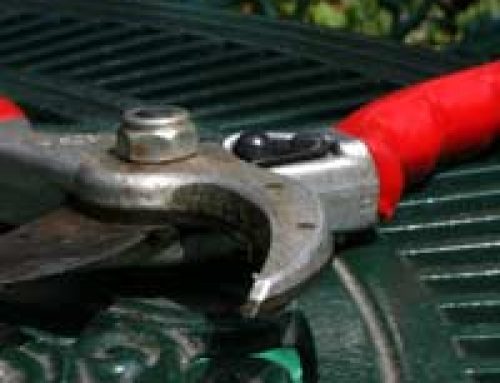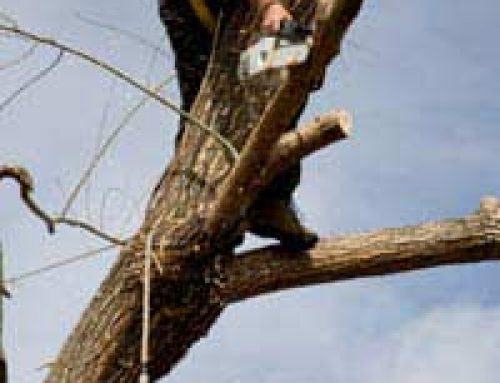
Composting is gaining favour as waste management increasingly becomes an issue. As financial and ecological considerations take hold in the UK we are rediscovering ways of embracing the cycle of life.
Composting and safety
It’s not hard to see the benefits of composting – all your vegetable cooking waste and half the contents of your garden just disappears of its own accord and the remaining mulch can be used to feed your garden too. Add to this the fact that you’re carrying out less rubbish and composting becomes a no-brainer.
But are there any hazards presented by composting? In general there aren’t any safety issues with the composting process itself, but there can be dangers when the compost is used on the garden, unless you’ve been careful about what you’ve put in it.
What goes in must come out
One of the major benefits of composting is that a lot of the waste breaks down and compacts. If you’re mixing and matching garden and kitchen waste with paper or cardboard you’ll keep filling your compost bin up only to find it magically going down again.
But the microbes and parasites that can be in some waste, or deposited on it by unwelcome visitors, don’t disappear. They just lie dormant until a ripe host comes along – let’s hope it isn’t you!
Waste from the kitchen
Kitchen waste is good as long as it’s vegetable or fruit in origin. So coffee grounds and tea bags are just as good as vegetable and fruit peelings. Generally you want to balance green waste with brown to keep the composting process as balanced as possible.
You can find plenty of places on the internet where you can check all sorts of items for composting suitability, council websites tend to be good as they are impartial. In this article we don’t have space for a comprehensive list, we’re just concentrating on potential dangers.
Kitchen waste to avoid includes scrapings from people’s plates, particularly if they aren’t well. Baked goods won’t break down very well, if at all. Fatty foods, meat or dairy produce should definitely be excluded as they will attract flies and other pests, possibly even rats.
Generally if you see houseflies around the compost bin then something inappropriate has been put in and it needs to be found and taken out. Don’t worry too much about very small flies (fruit flies) as they aren’t such a hazard. If you’re composting properly, in a balanced way, they won’t be there for long as the heat should get rid of the fruit that’s attracting them quickly.
Garden waste in the compost bin
There’s very little that you’d find in a garden that can’t go in a compost bin, at least from a health point of view, although a lot of it relies on a fair amount of heat to render it safe. A good example is the herbicide (weed-killer) often used on lawns.
This will break down to become less dangerous but only over a year or so and only if the temperature in the compost bin is high enough. To be honest it’s a much better idea to let grass clipping lie on the lawn as they keep moisture in, break down to nurture the lawn and the weed-killer continues to work for longer.
Watch out for cat and dog waste
Waste from cats and dogs is one of the big no-no’s in composting, particularly if the resulting compost is going to be put on a vegetable bed. Cat and dog poo can contain parasites that will survive the composting process, even more so if the temperatures in the bin aren’t very high. Pig manure is best avoided for this reason as well.
The danger comes later on when you are spreading the compost manure, planting out or otherwise working in the soil. These parasites can get on your hands and from there it’s a short journey to the mouth. Or if the vegetables grown in the patch aren’t washed thoroughly, parasites can enter the body that way.
A particular problem, although it’s rare for it to cause problems in humans, is Toxoplasma gondii. This is a parasite that can be excreted by cats (and only cats) in a dormant form that can survive for many years in the open. It causes the disease toxoplasmosis in humans, which can be dangerous for people with weak immune systems.
Summarising safe composting
People have been composting for thousands of years so it’s hard to go wrong. Just stick to organic material but make sure you avoid anything that could harbour pathogens like parasites.
Keep your compost on the go for at least a year before putting it out in the garden, particularly if it’s going on the vegetable patch, and keep the mix balanced, with items that introduce air into the bin, to keep the temperature up.
Make sure you get your hands properly clean after handling compost and don’t garden if you’re not well as something nasty might get past your immune system. These few sensible precautions should protect you from any dangers from composting.





Leave A Comment